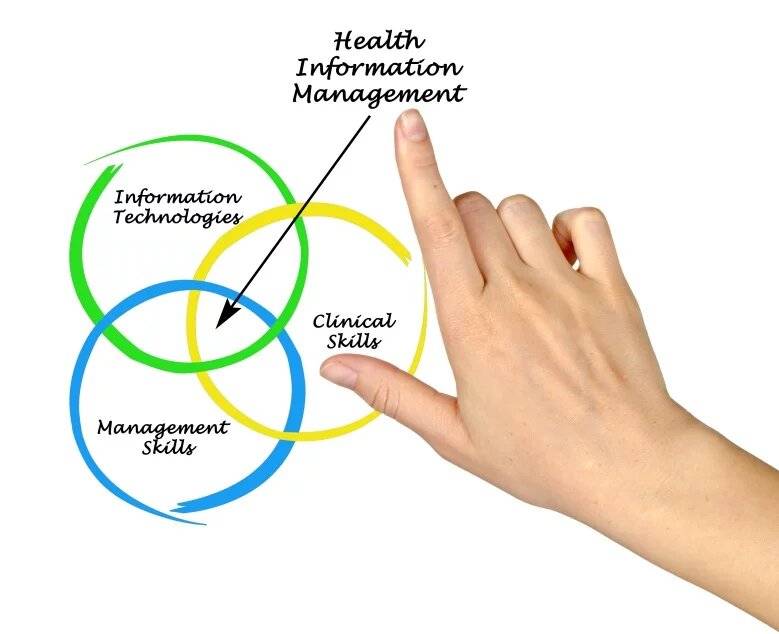Clinical data management is an extremely vital part in clinical research that deals with the gathering of required data, ensuring its integrity and therefore making it available at appropriate quality and cost. With the aid of clinical trials, clinical data management creates a high-quality and reliable data which also proves to be statistically sound in nature.
The role of clinical data manager is a collaborative process where the clinical data managers work with a team to ensure the confidentiality of the collected data followed by successful management and reporting the secured data with accuracy. Major sources for them to collect data are various medical research projects including pharmaceutical and clinical trials. The work atmosphere will be different for various clinical data managers. Some of them would be employed in large pharmaceutical companies whereas other shall find a workplace in private companies, research universities, hospitals and government organizations.

As a part of collaborative work medium, often regular group meetings and consistent travel may be required. The data managers will have to combine with a research team in order to classify the data and therefore to prepare reports, perform statistical comparisons, data charts and other forms of presentation materials.
Key responsibilities of a Clinical Data Manager
Creating a list of data analyses results, performance, and activity including progress reports is the most fundamental duty of a clinical data manager. The consolidation of entry, verification, filling information including receipt should be processed before presenting is as clinical data. An appropriate formatting to data sets should be done as per the request.
Designing and validation form the central part of clinical data management that requires a detailed format of clinical databases containing logic checks obtained as a result of designing and testing. The process also extends to designing forms for the purpose of processing, tracking or receiving data.
The clinical data collected will be analyzed by deploying appropriate statistical tools. Selection or development of specific software programs shall be needed for identifying various research scenarios. Writing standard operating procedures, data capture guidelines or instruction manuals make an efficient data manager. They also track the flow of in-house data flow or electronic forms transfer in addition to various other workflows.
Supervision and maintenance add to the important tasks of a clinical data manager. The work of data management project staff requires a standard supervision. For the purpose of maintaining awareness of present database technology and best practices, the clinical data managers are advised to take part in continuing education or professional association programs and read technical literature. Various functional areas such as clinical monitoring, medical affairs, and marketing receive support and necessary information from clinical data managers.
Other responsibilities include evaluating processes and technologies, developing technical specifications, contributing to the compilation of protocols including organization and production, performing quality control audits in order to ensure accuracy, to monitor work productivity and generating data queries with respect to validation checks or errors and omissions.
Qualification to become a Clinical Data Manager
Though a four-year baccalaureate degree is enough to work in most of the IT-related medical settings, a master’s degree or graduate certificate in health informatics is preferred for those who seek leadership positions in clinical data management domain.
Frequent travel flexibility shall be required based on the company. In the case of multi-lingual research settings, speaking a foreign language may be an added qualification. To excel in the field of clinical data management and to seek a long run career, a precise level of data management skill is needed in addition to versatile communication skills and soft skills to get qualified to work in a collaborative research team.



